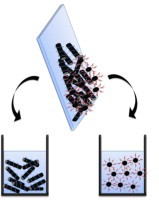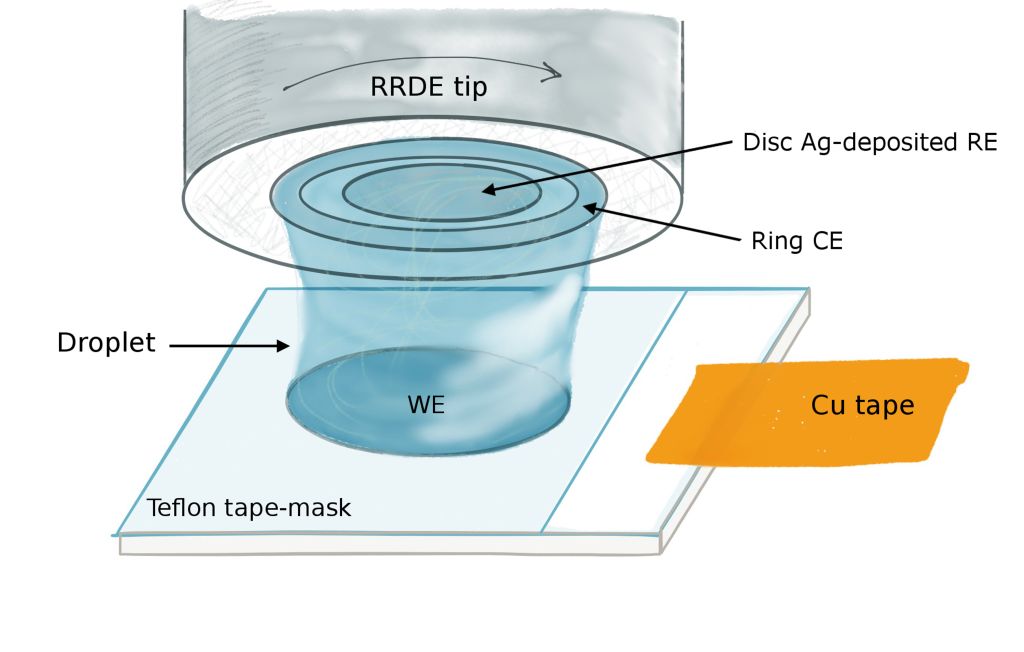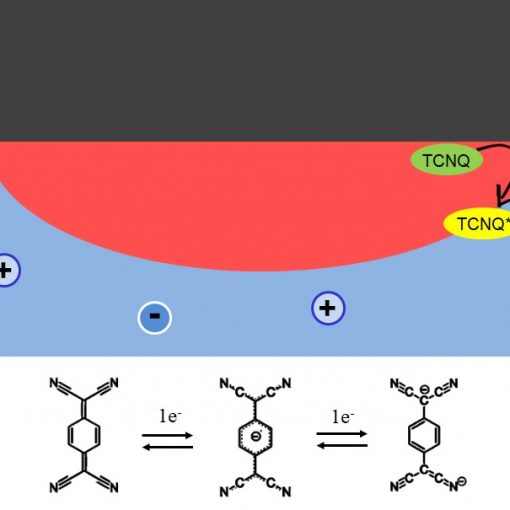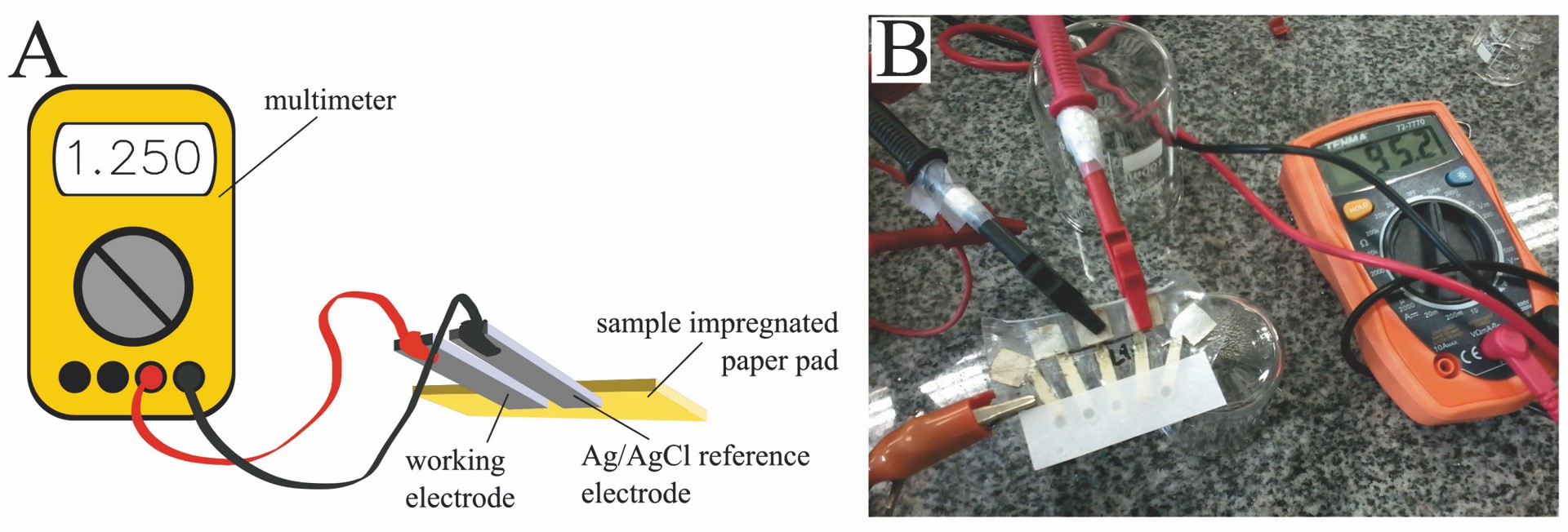
We just had a feature paper accepted in Analytical Chemistry with the title “Electrochemical Glucose Sensing: Is There Still Room for Improvement?“. In violation of Hinchliffe’s Rule we answer this question with a “yes!”. However, the point of the feature is to try to point of the areas that we see as most crucial for further development. And these are not necessarily the areas where a lot of the literature on “glucose sensing” is focused.
In part, the paper was born out of frustration that, as readers and reviewers of articles, we are flooded by papers claiming “selective and sensitive” non-enzymatic glucose sensing, invariably motivated, in the introduction, by the ongoing diabetes epidemic. Unfortunately, the vast majority of those papers are not suitable, or even intended, for sensing of glucose in any medically relevant applications. One reason for this is the failure to take into account the technology that already exists commercially: enzymatic glucose strips are sensitive, have good storage life-time, are relatively accurate, can be used directly in blood, and – most importantly – are dirt cheap. Many of the proposed sensors in the literature need to be used in alkalic buffer, have never been tested in blood and/or are made from crazy-expensive materials. They also often contain nanomaterials that have never been tested and approved for medical use. We suspect that, despite the diabetes motivation, glucose is only used as a convenient substrate for trying out a new electrode material*.
In the feature we try to summarise the present state of research into glucose sensing (which is really aimed at diabetes) and point out the areas where improvement is needed.
* Yes, I am also guilty of this.




